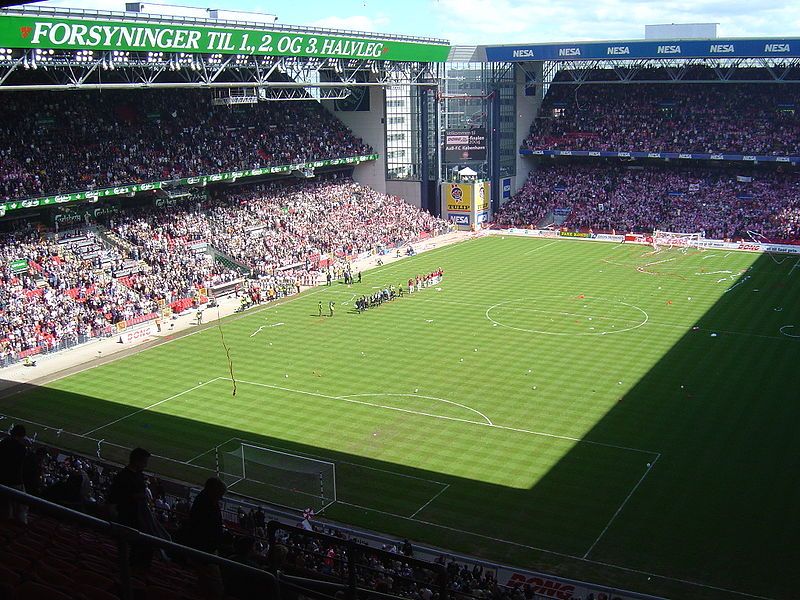The Dutch sports consultancy firm Hypercube has whittled its future model for the Superliga down to two possible options, and both include systems similar to those in use in Belgium and Scotland.
The two models for the Danish top flight are 12 and 14-team leagues, both including playoffs and between 32-37 rounds per season. There could also be a relegation playoff involving teams from the division below, the First Division.
“There are two serious models on the table and everything points to the new league format taking place over several phases,” Pieter Niewenhuis, the head of Hypercube, told sn.dk.
The Scottish Premier League has a similar two-phase system in which the 12-team division is split midway through to ensure the top team only plays the next best five teams over the remainder of the season.
“That makes it possible for all the teams to dream about winning the title, reaching a place in Europe or avoid relegation,” Niewenhuis added.
READ MORE: Minds laced up for the World Cup of football science
Ready by June 20
Niewenhuis contended that the two-phase structure also improves the experience for the fans and creates a good environment for sponsors. It will also improve the waning quality of Danish football, he said.
According to Niewenhuis, league models involving 10 or 16 teams have been rejected. With 10 teams, the current TV agreement would be impossible to live up to, and with 16 teams, the quality difference between the best and worst teams would be too great.
Hypercube – which was hired by the football division association Divisionsforeningen – is expected to reveal a final proposal for the Superliga structure sometime around June 20.














